Heat pumps are highly efficient systems for heating and cooling homes. They operate by transferring heat, using a refrigerant cycle to extract heat from outside air in winter and reverse the process in summer. This energy-efficient method is particularly suited for Toronto’s diverse climate, offering consistent comfort even during Canada’s colder temperatures. As eco-friendly alternatives to traditional heating systems, heat pumps are an excellent choice for conscientious homeowners.
Learn how to select the perfect heat pump, with a focus on energy efficiency, appropriate sizing, and cutting-edge features to ensure year-round home comfort.
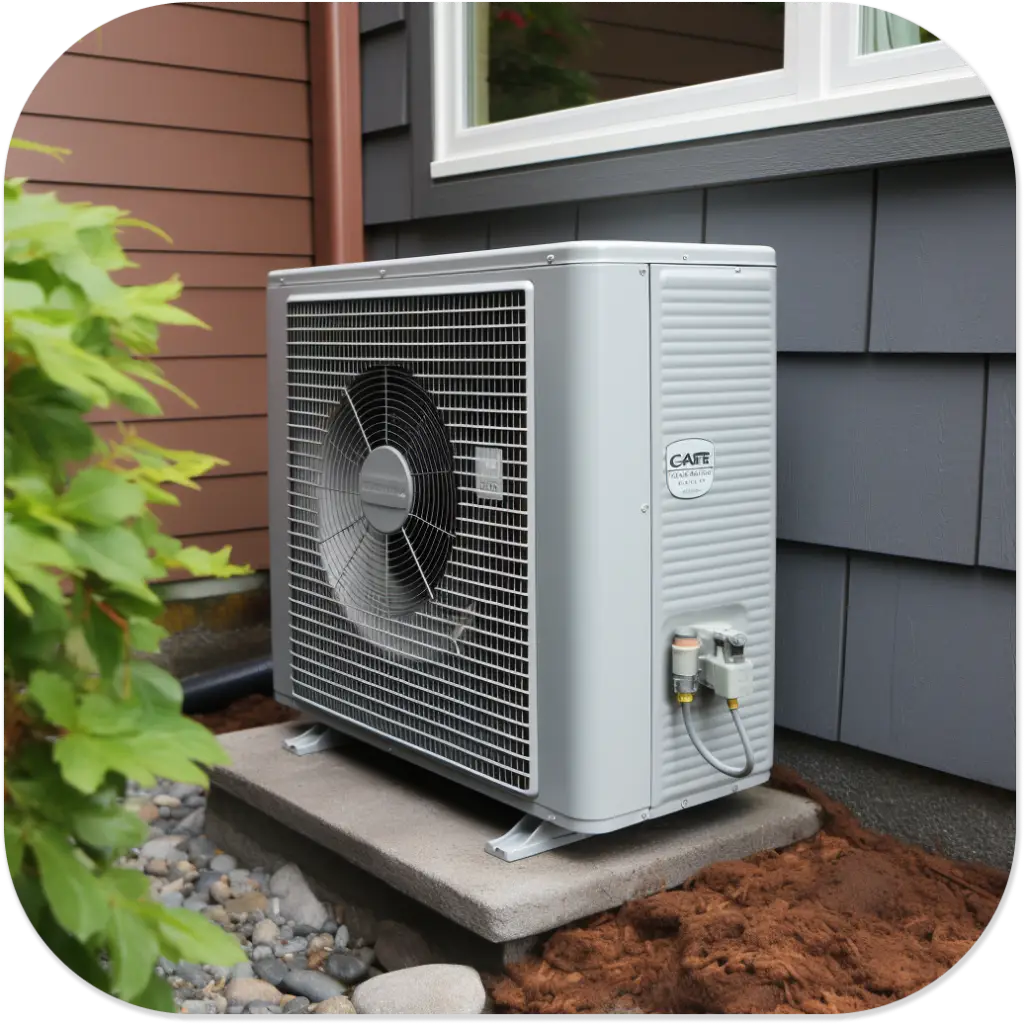
Energy efficiency is crucial in selecting a heat pump. Choose units with high SEER and HSPF ratings, with SEER above 16 indicating high efficiency. These ratings ensure better performance and lower energy costs. High-efficiency models also reduce environmental impact through advanced technology.
Correct sizing is vital. An undersized unit struggles to maintain comfortable temperatures, while an oversized one wastes energy. Professional sizing assessments should consider factors such as home size, insulation quality, and local climate. Roughly, a home typically requires 20 BTUs per square foot for heating and cooling.
Modern heat pumps come with advanced features like programmable thermostats, variable speed motors, and smart home integration. These features enhance home comfort and control, leading to increased energy efficiency and convenience. For example, smart home connectivity allows for automated adjustments based on daily routines, optimizing energy usage.
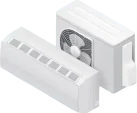
Follow these recommendations to choose the best size heat pump for your home to optimize it’s energy efficiency and lifespan.
Tip: A licensed technician should measure the size of your new heat pump to avoid issues with humidity and temperature imbalance post install.
Air-source heat pumps transfer heat using a refrigerant cycle, which is more efficient than direct conversion methods. Advanced models are effective even in colder climates. Ductless mini-splits avoid ductwork energy losses, enhancing efficiency.
These pumps are versatile and efficient in various climates, offering heating, cooling, and dehumidification. They can deliver up to three times more heating energy than the electrical energy consumed, with a lower carbon footprint. Cold climate models are efficient even below -20°C.
In extremely cold temperatures, air-source heat pumps might require a supplemental heating system for additional warmth. This secondary system, often an electric heater, activates when the heat pump alone can’t provide sufficient heat. This ensures your home stays warm even in very cold weather.
Ductless (Mini-Splits): Suitable for homes without ductwork, providing room-specific temperature control.
Ducted: Ideal for homes with existing ductwork for centralized control.
Cold Climate Models: Best for areas with frequent sub -20°C temperatures.
Tip: Plant shrubs or install a fence around the outdoor unit to reduce noise and improve aesthetics. Regular maintenance is key for sustained efficiency.
They use the earth or ground water as a heat source in winter and a cooling medium in summer. They are more efficient in extreme climates compared to air-source heat pumps. These systems are available in both ducted and ductless configurations.
Ground-source heat pumps stand out for their exceptional energy efficiency, offering significant cost savings in both heating and cooling. They are effective in a variety of climates and can reduce energy use by up to 45% compared to standard models. However, in extremely cold climates, they might still require an additional heat source for peak efficiency.
Installation costs for ground-source heat pumps are higher due to the loop system’s installation. Adequate space, soil type, and landscape suitability are essential considerations. These systems are best for homeowners looking for a long-term investment and are willing to pay a higher upfront cost for energy savings over time.
For ground-source heat pumps, focus on high HSPF for winter, EER for summer, and COP for overall heating efficiency. Choose ENERGY STAR models for optimal efficiency. These ratings ensure a balance between energy savings and performance.
Closed Loop: Efficient in various soil conditions, suitable for areas with limited space.
Open Loop: Utilizes natural water sources, best where water is abundant.
Direct Expansion: Directly exchanges heat with the ground, effective in areas with consistent soil temperatures.
Tip: Regularly check and clean the air filters and heat exchanger of your ground-source heat pump to maintain its efficiency. Proper maintenance can extend the system’s lifespan.
Water-source heat pumps transfer thermal energy between a water body and indoor air, similar to geothermal systems. They use a water loop for heat exchange, efficient in both heating and cooling.
These pumps are highly energy-efficient, comparable to ground-source systems, and can be more cost-effective with an accessible water source. They offer consistent performance in various climates and are environmentally friendly.
Installation depends on having a suitable water source. These systems require a loop system connection and are a long-term investment with significant energy savings.
Closed Loop: Ideal for controlled environments, using a contained water system.
Open Loop: Best where natural water sources like lakes or ponds are available.
Tip: Maintain cleanliness of the water source to optimize pump performance. Regular maintenance is crucial.
To make the right decision to buy or rent your heat pump, ensure you know what equipment you’re purchasing, total cost of ownership and maintenance requirements.
The size of your heat pump significantly affects the cost. Larger systems cost more than smaller ones. It's crucial to get expert advice to ensure the right-sized system for your home's efficiency and comfort.
Advanced features like variable-speed compressors and variable-capacity blowers improve efficiency but come at a higher cost compared to standard units. Consider your efficiency needs when choosing.
Additional options such as extended warranties, maintenance plans, and service guarantees can increase the overall cost. Factor these into your budget.
Creating a multi-zone climate with multiple mini-split systems or heating a large home may require more than one unit, increasing costs.
Owning a heat pump requires a significant upfront investment, while renting is a cost-effective option for those concerned about upfront costs.
When you’re ready to explore heat pump options, consult an AirPoint Consultant. They’ll assess your needs and help you choose the right solution for your budget.
Discover how heat pumps excel in energy usage, featuring essential metrics like SEER, HSPF, and COP that illuminate their cost and energy efficiency.
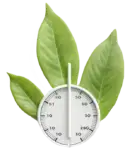
SEER (above 20) signifies superior cooling efficiency, while HSPF (8-10) indicates efficient heating. COP reflects high heating output relative to energy use, particularly effective in moderate climates.
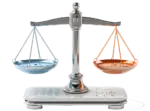
While initial purchase and installation costs of heat pumps can be higher than traditional heating systems, models with better efficiency ratings, though more costly, often lead to significant savings in the long run.
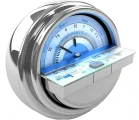
Generally, a higher SEER and HSPF rating mean lower energy consumption and reduced operating costs, making them more cost-effective compared to less efficient heating and cooling systems.
Uncover the eco-friendly advantages of heat pumps, from reducing carbon emissions to harnessing renewable energy, demonstrating their role in a sustainable future.
Heat pumps excel with renewable energy sources like solar or wind, significantly enhancing their eco-friendly impact and further diminishing environmental footprints.
Heat pumps reduce electricity usage, shrinking carbon emissions linked to home climate control. They pivot heating from fossil fuels to cleaner energy, contributing substantially to greenhouse gas reduction.
Ductless heat pumps enable precise temperature control in different home zones, minimizing energy waste. Their long lifespan of 15-20 years also means fewer replacements, conserving resources and enhancing sustainability.
Selecting the right size and ensuring professional installation are key factors in the successful operation of heat pumps. This section explains their significance and the steps involved.
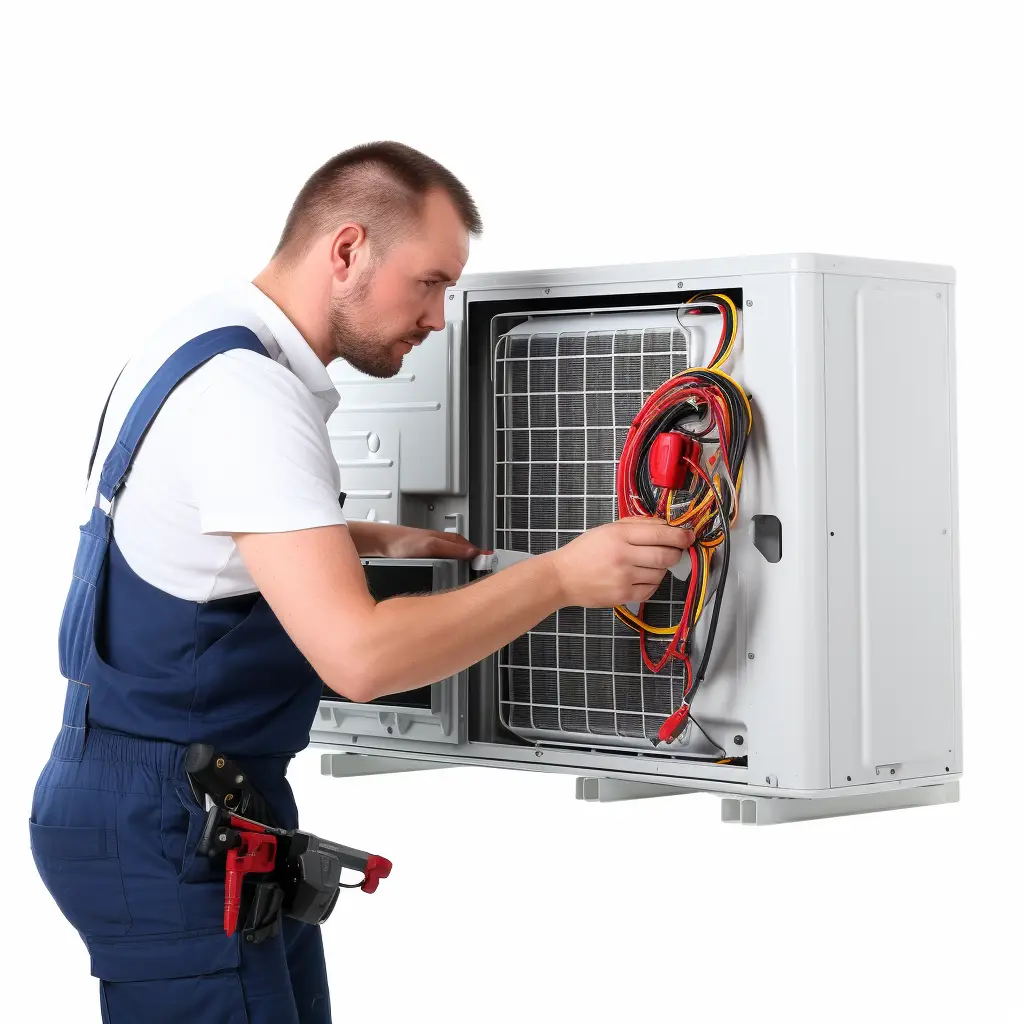
Proper sizing of a heat pump is essential for efficient heating and cooling. It involves assessing the home's square footage, insulation quality, local climate, and usage needs to find the ideal unit size, avoiding the pitfalls of under or oversizing.
The installation process demands expertise to ensure the heat pump operates at its best. It includes evaluating the home's layout, installing the unit correctly, and making sure all connections, including ductwork and electrical, are properly set up.
After installation, regular maintenance checks are important for ongoing efficiency. Educating homeowners on effective use and upkeep of the heat pump is also crucial for long-term performance and energy savings.
Proper maintenance is crucial for ensuring the longevity and efficiency of heat pumps. This section provides maintenance tips and insights into the typical lifespan of these systems, along with highlighting AirPoint’s services.
Regular maintenance, such as cleaning filters and checking system components, is vital. This not only ensures efficient operation but also prevents potential issues.
Annual professional check-ups are recommended to maintain optimal performance. Services like AirPoint offer comprehensive maintenance solutions to keep your heat pump in top condition.
With proper care and regular servicing, heat pumps can have a long operational life, often up to 15-20 years. Understanding and adhering to maintenance schedules is key to maximizing this lifespan.
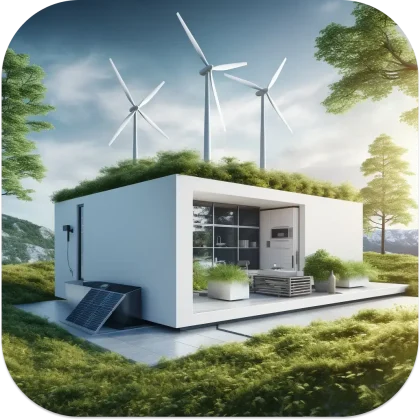
Tip: Replace your filters at least once a month, if not more often for optimal efficiency.
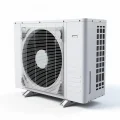
Ideal for homes without ductwork, these pumps offer efficient heating and cooling, with a rebate of up to $6,500.
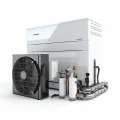
Combining an electric heat pump with a gas furnace, this system provides year-round comfort, also qualifying for up to $6,500 in rebates.
AirPoint offers rebates up to $6,500 for installing energy-efficient ductless and hybrid heat pumps, making green heating solutions more affordable.
Toronto and Ontario offer rebates and incentives for heat pump installations, reducing your initial costs. Stay updated on these programs for potential savings.
Our advisor will assess your home's heating and cooling requirements, ensuring you choose the most suitable heat pump system.

Following professional installation, an energy audit by a licensed advisor will optimize your home's efficiency.


Complete a final assessment with our advisor, who will assist with the rebate paperwork.
Toronto and Ontario offer rebates and incentives for heat pump installations, reducing your initial costs. Stay updated on these programs for potential savings.

Explore models like Carrier Infinity® Series GC, Goodman Split Heat Pump, and Mitsubishi MR.SLIM FS on our website. These are chosen for their high efficiency and performance in cold temperatures.

It's important to balance the initial investment against long-term benefits. While premium models may have a higher upfront cost, their advanced features and efficiency can lead to substantial savings in energy bills over time.

Choose a heat pump in Toronto for efficient winter heating and summer cooling. Look for models with strong defrost cycles for cold months and energy-efficient operation for warmer periods, ensuring comfort and energy savings throughout the year.
Tip: : In the summer, set your thermostat a few degrees higher when you’re not at home. This small change won’t affect your comfort but can significantly reduce your energy bills.

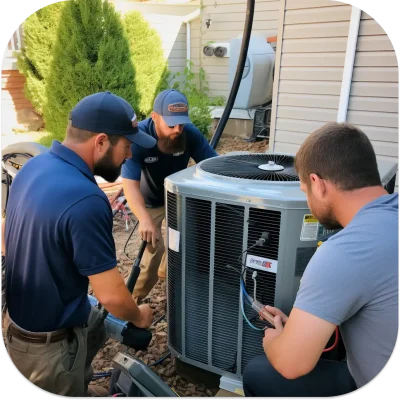
Our team specializes in the latest heat pump systems, ensuring you get the most advanced and efficient solutions for your home.
We understand Toronto's unique climate. Our experts provide tailored recommendations for heat pumps that best suit your specific needs and environment.
Our skilled technicians ensure flawless installation and provide top-notch service, maximizing the performance and lifespan of your heat pump.

A heat pump transfers heat from outside to inside your home during winter, and reverses the process in summer.
Yes, modern heat pumps are designed to be effective in both the cold winters and warm summers of Toronto.
Heat pumps can significantly reduce your energy bills due to their high efficiency, especially when compared to traditional heating and cooling systems.
Regular annual maintenance is recommended to ensure optimal performance and longevity.
Yes, various rebates and incentives are often available for heat pump installations. Check local programs for specific details.